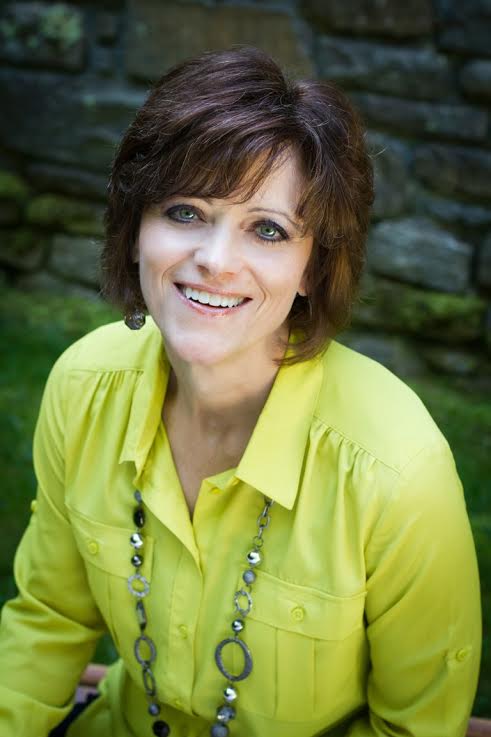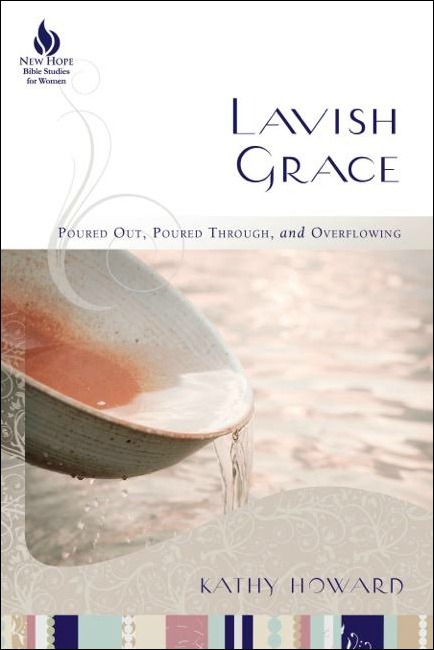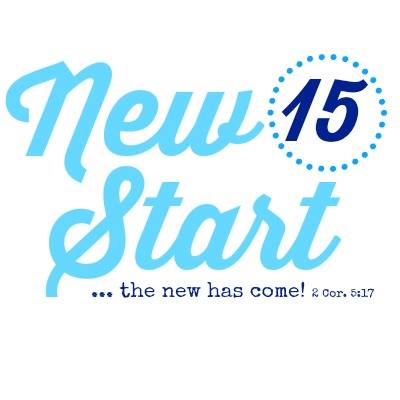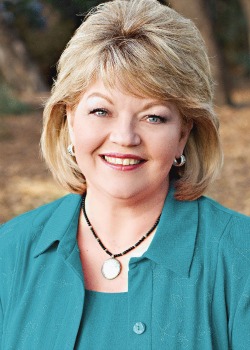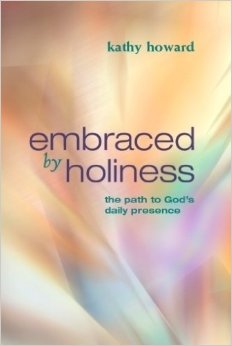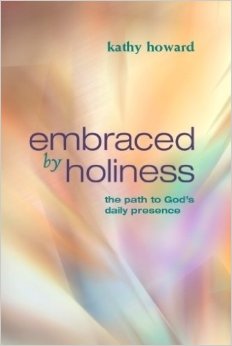Three Steps toward Dependence
I've long admired Kathy Howard for her skill in communicating biblical thruth through creative Bible studies, and recenty she tackled a topic that is hitting many people where they live. In this Caregiving UPGRADE, she provides a fresh perspective for weary caregivers.
this Caregiving UPGRADE, she provides a fresh perspective for weary caregivers.
"Self-reliance and independence hinder our caregiving," Kathy says.
Didn't I (Dawn) say it is a "fresh perspective"? I've read many posts promoting independence for caregivers, but never one on learning dependence.
Kathy continues . . .
Caring for my aging parents demands more than I have to give. I remember one night in particular.
Voices penetrated the heavy shroud of sleep. I could hear the anxiety in Mom and Dad’s conversation, but I couldn’t make out the words.
I threw back the covers and stumbled across the hall to their room. Dad lay on the floor beside the bed. I managed to get him sitting, but I could not get his 230-pounds off the floor and back in the bed.
My husband was stirring in the other room, so I called for help. Together we got Dad back in bed.
Thankfully, the fall only caused a few bumps and bruises. But it dramatically reminded me of my limitations.
My natural bent toward self-reliance is reinforced by a culture that admires this quality.
Our culture teaches us that independence is good and dependence is to be avoided at all costs.
While true in certain instances, self-reliance and independence can hinder believers. When we face circumstances and situations we cannot control, change, fix, or conquer we are thrown off balance.
What do we do when we simply can’t do it?
There is nothing easy about caring for aging parents.
No matter how much we love them, the task demands more than we have to give—physically, emotionally, spiritually and relationally. We need help from family members, friends, and health professionals.
But even that won’t always be enough.
Soak in this glorious truth for a moment: Our deficiency is an opportunity for God to demonstrate His sufficiency. Our dependence allows God to prove Himself dependable.
Within ourselves, we don’t have what it takes to tackle life’s hardest challenges, but God has more than we need.
A passage in 2 Corinthians beautifully shows us how Paul depended on God to carry him when he couldn’t go on. Paul had encountered a situation in Asia so desperate, he saw no way out of it with his life (2 Corinthians 1:8). Yet, miraculously God delivered him.
When the situation was hopeless, Hope flooded in. And Paul learned utter dependence on the One who is utterly dependable (2 Corinthians 1:9-10).
The passage reveals that God allowed this situation to happen so that Paul and his companions would learn to rely on God (2 Corinthians 1:9).
And Paul continued to depend on God. When God chose to leave the “thorn” in his life, Paul learned the sufficiency of God’s grace. In his weakest moments, God’s power was revealed.
Paul’s weakness became a stage for God’s strength.
God also wants us to trust Him with all the circumstances of our lives—including caring for our aging parents. He longs to show us He is trustworthy, reliable and powerful. So, how can we let go of independence and learn to depend on Him?
Let’s follow Paul’s example toward dependence in 2 Corinthians.
1. Reflect on God’s past provision.
Think about all the times in your past when God has worked. Remember the times He has comforted you, encouraged you, delivered you from danger, given you clear direction for the path ahead.
Reflecting on God’s past provision and faithfulness will strengthen your future trust in Him.
2. Contemplate the scope of God’s power.
Meditate a few moments on our powerful, almighty God. The God who created the universe is not weak or powerless. He heals the sick, raises the dead, and holds the stars in place.
He can provide what you need for your daily life. Even the hardest days of caregiving.
3. Sit quietly in God’s gracious presence.
The same God who spoke the world into existence is the same God who delivered Paul. And He is the same God who longs to fill you with His grace and strength.
Linger with Him today. Ask Him to give you an awareness of His presence with you.
When we depend on Him, our caregiving role is a chance for God to demonstrate His strength in our lives. Paul expressed this truth:
"Three times I pleaded with the Lord to take it away from me. But he said to me, 'My grace is sufficient for you, for my power is made perfect in weakness.' Therefore I will boast all the more gladly about my weaknesses, so that Christ’s power may rest on me" (2 Corinthians 12:8-9).
Caring for our parents provides ample opportunity for God’s power to work in our weakness. For God to show Himself worthy of our dependence.
Depend on Him today.
What are some other ways you can purposefully work to foster dependence on God for caregiving today?
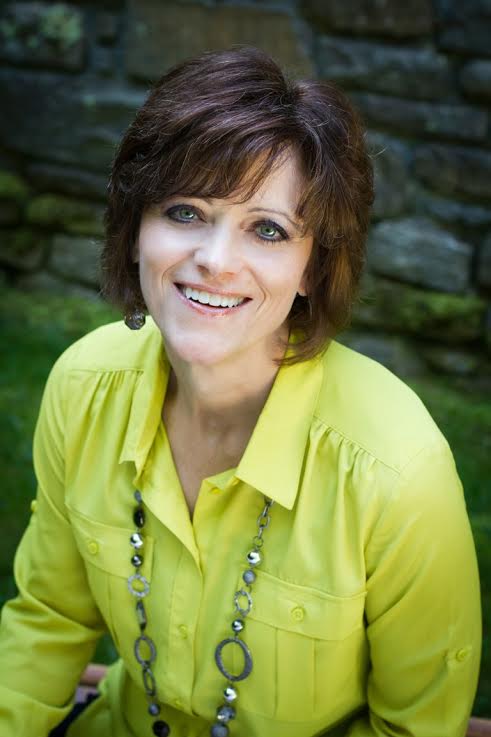 Kathy Howard, a Bible teacher and former “cultural Christian,” now lives an unshakeable faith for life and encourages other women to also embrace real, authentic faith. Kathy is author of
Kathy Howard, a Bible teacher and former “cultural Christian,” now lives an unshakeable faith for life and encourages other women to also embrace real, authentic faith. Kathy is author of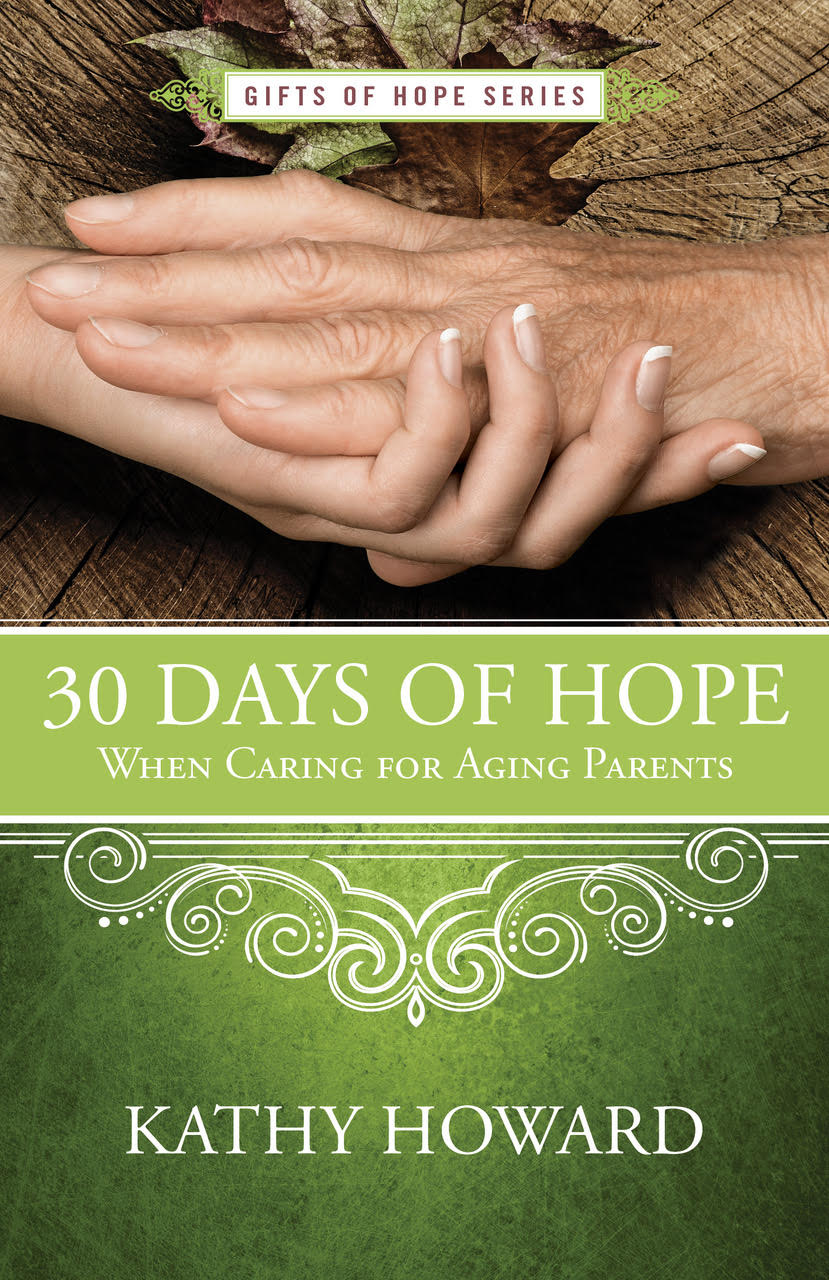 8 books, including “30 Days of Hope When Caring for Aging Parents” (May 2018). Get free discipleship helps on her website: www.KathyHoward.org.
8 books, including “30 Days of Hope When Caring for Aging Parents” (May 2018). Get free discipleship helps on her website: www.KathyHoward.org.
Graphic adapted, courtesy of Unclelkt at Pixabay.
 1 Comment → Posted on
1 Comment → Posted on  Tuesday, May 8, 2018 at 8:25AM
Tuesday, May 8, 2018 at 8:25AM  Caregiver,
Caregiver,  Caregiving,
Caregiving,  Depend on God,
Depend on God,  Dependence,
Dependence,  Dependency,
Dependency,  God's Power,
God's Power,  God's Presence,
God's Presence,  God's strength,
God's strength,  Kathy Howard,
Kathy Howard,  Rely on God,
Rely on God,  Upgrade with Dawn Upgrade Your Life
Upgrade with Dawn Upgrade Your Life  Caregiving,
Caregiving,  Relationship with God,
Relationship with God,  Seniors
Seniors 





